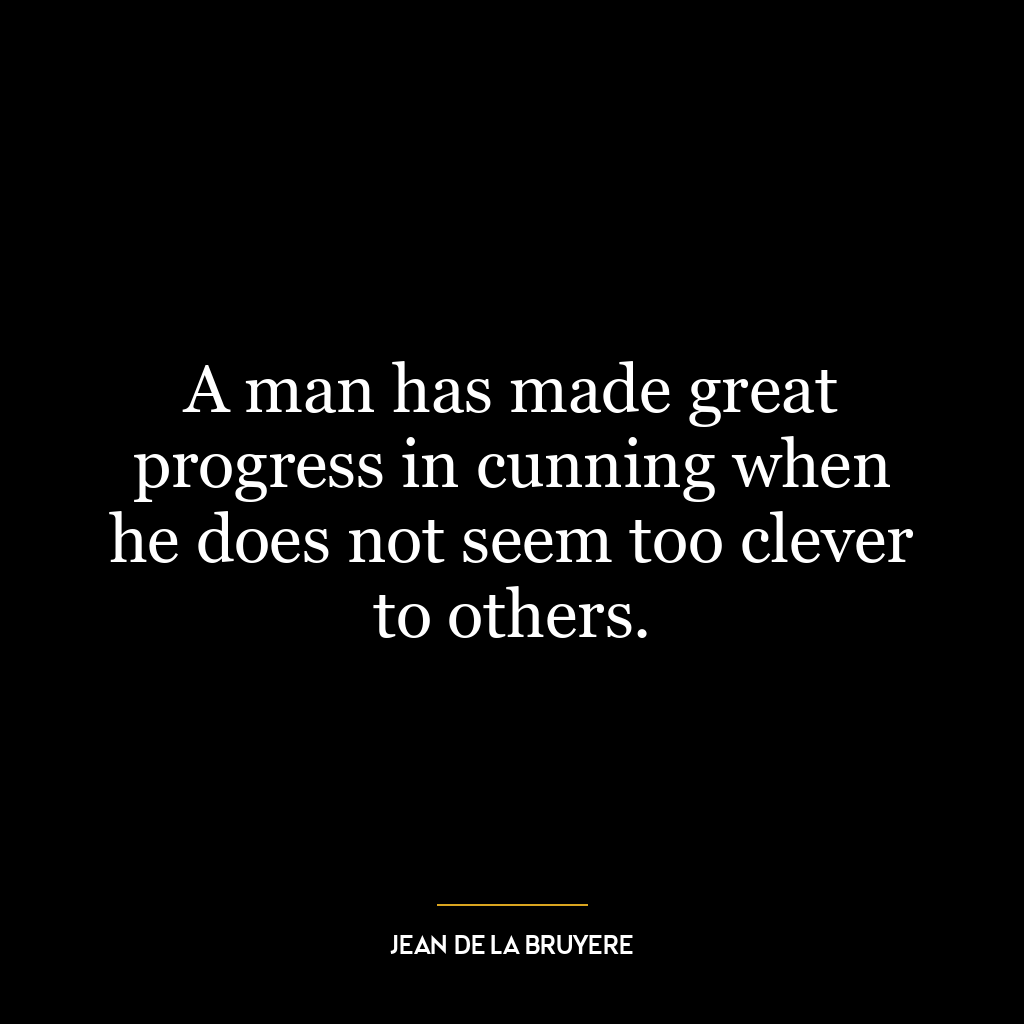This quote is a critique of pretentiousness and artificiality in communication. It suggests that using big words or complex language doesn’t necessarily indicate intelligence or understanding. The phrase “Words aren’t brains” emphasizes that true intelligence lies not in the vocabulary one uses, but rather in the depth of their thoughts, ideas, and insights.
The quote also implies a critique of traditional education systems which may prioritize rote learning and conformity over critical thinking and creativity. “That puffed-up way they taught you” might refer to an educational approach that values memorization over comprehension, leading to a superficial understanding of topics.
Applying this idea to today’s world, it encourages authenticity in communication. In an era where social media often promotes polished images and carefully curated personas, this quote reminds us to value substance over style. It suggests that we should focus more on conveying our genuine thoughts and feelings rather than trying to impress others with flashy language or sophisticated facade.
In terms of personal development, this idea can serve as a reminder not to equate self-worth with external validation such as academic achievements or professional success. Instead, it encourages individuals to cultivate their authentic selves by nurturing their unique perspectives and values.
Moreover, from a leadership perspective – whether you’re running a business or managing a team – clear communication is key for effective teamwork. Using jargon-free language can help ensure everyone understands your message without feeling alienated due to lack of technical knowledge.
Lastly, the quote underscores the importance of empathy in communication – understanding your audience’s level of knowledge on the subject matter will allow you to adjust your language accordingly so they can comprehend what you’re trying convey more easily.















